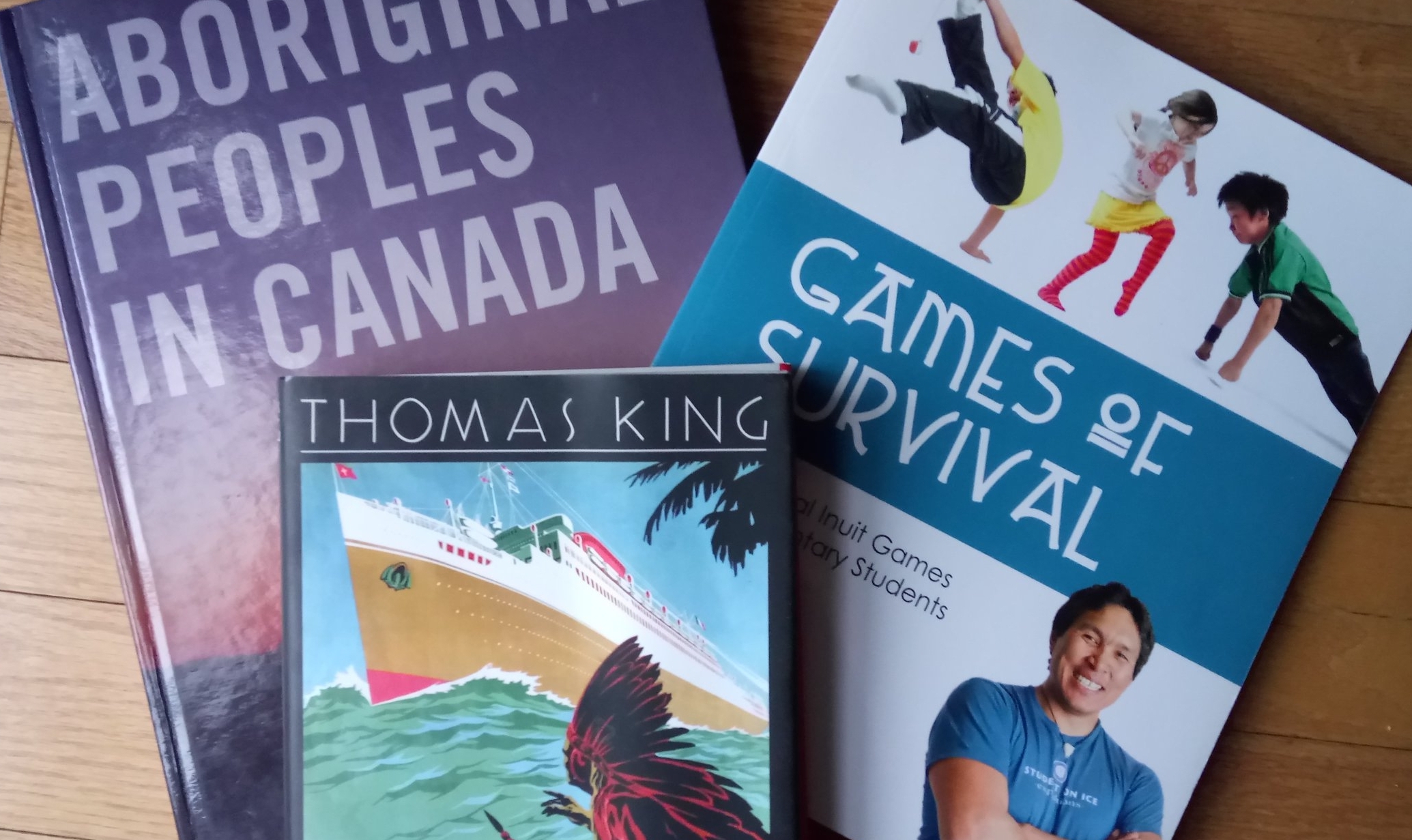Last month I was overcome with feelings of sadness and anger as I watched armed RCMP confront the Unist'ot'en camp, in order to enforce a court order on behalf of an oil and gas company. As the images spread across social media and the news, many Indigenous folks on Twitter and who have a public platform like Jesse Wente and Tanya Talaga (in a piece now removed from The Toronto Star's website) declared Reconciliation to be over. Some argued Recompilation never began.
As an educator, I am thinking very carefully about how I frame discussions of Truth and Reconciliation, and asking my students - who is the concept of Reconciliation important to? Who does this concept serve and who does it silence? On whose terms should Reconciliation happen?
In the news, the Prime Minister and the leader of the NDP Jagmeet Singh both responded by invoking the rule of law. Many historians, lawyers, Indigenous peoples and their allies have been quick to point out that the territory that the Unist'ot'en camp is on is unceded. That means, there are no treaties or agreements to share the land that have been made with the Canadian government and Wet'suwet'en people. Legally and historically, these actions are happening on contested territory.
Related Resources:
You can find out more information about the Wet'su'wet'en people at the Unist'ot'en camp's website here. You can read more about the historical relationship between the RCMP and Indigenous peoples from Sean Carleton, a Assistant Professor in the Department of General Education at Mount Royal University in Calgary, Alberta on his Twitter thread linked here
Street Address
City, State, Zip
(416) 566-7563
Educator & Coach
Your Custom Text Here

Listen & Learn
A blog about Indigenous Education